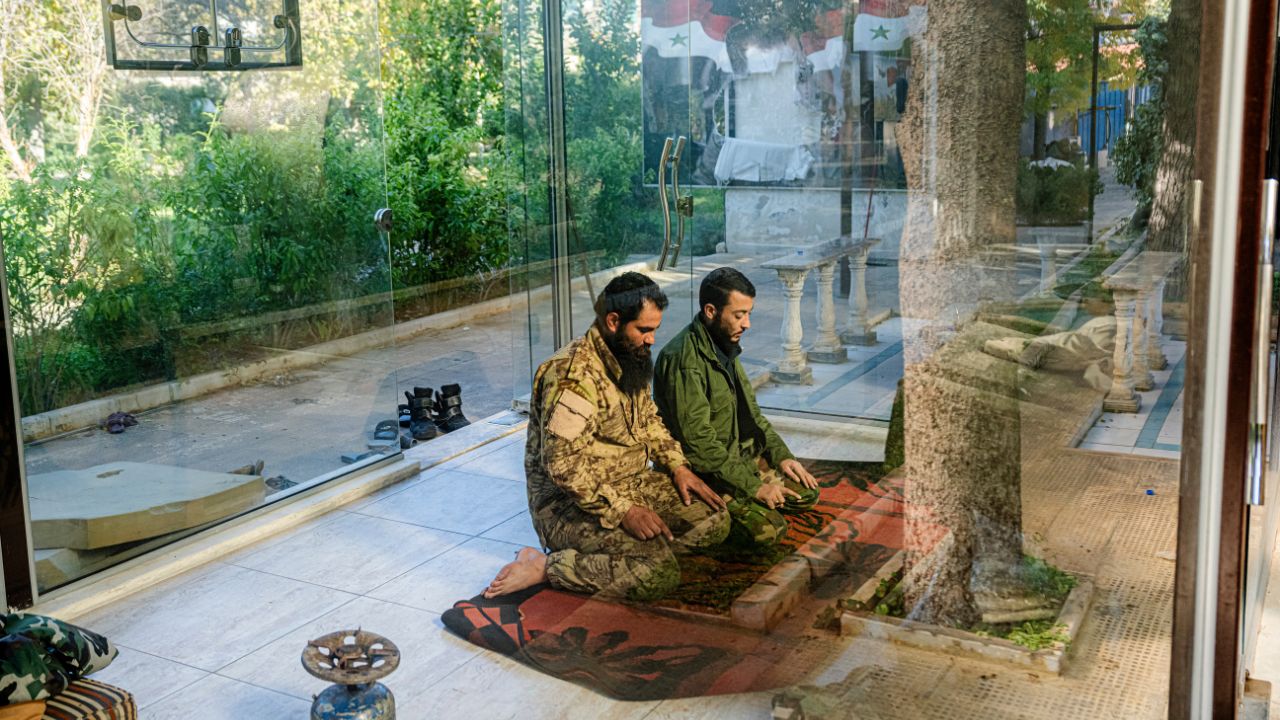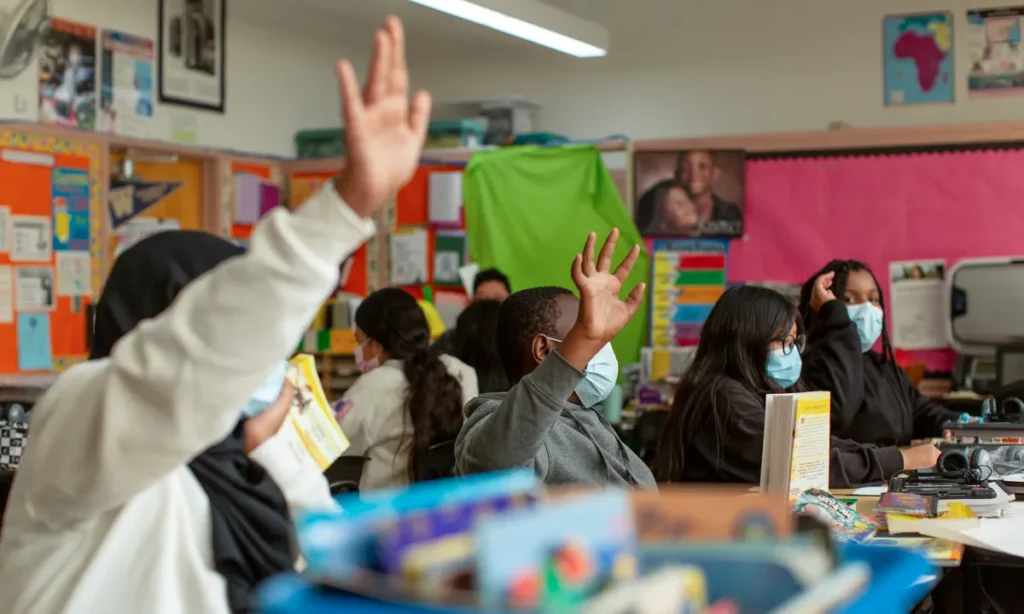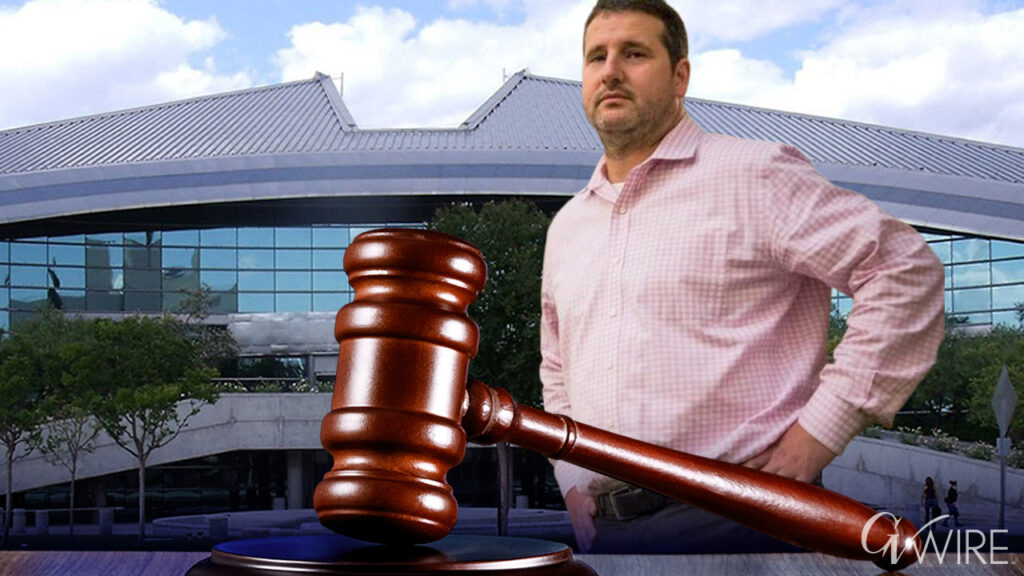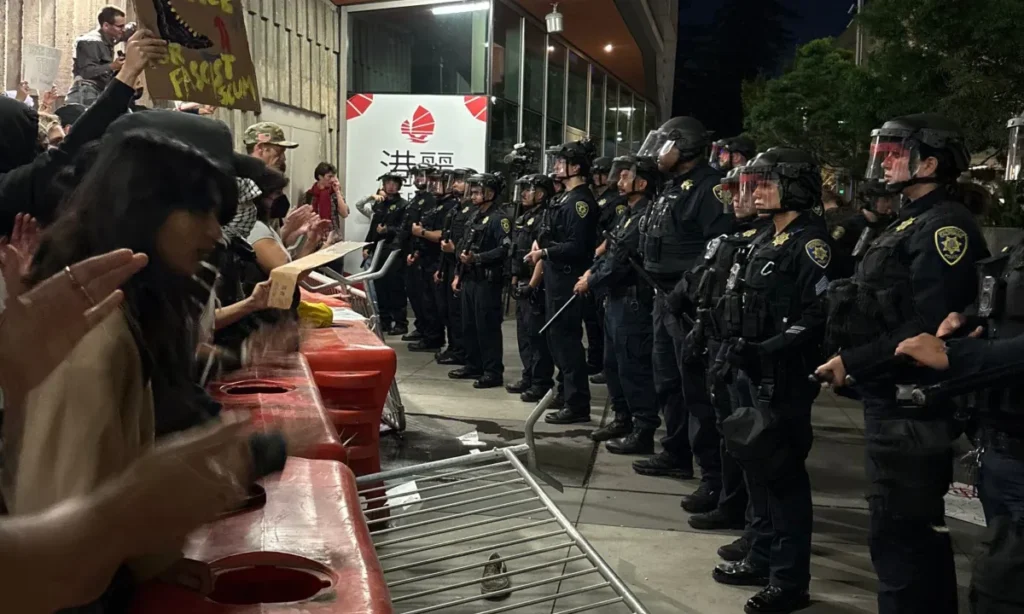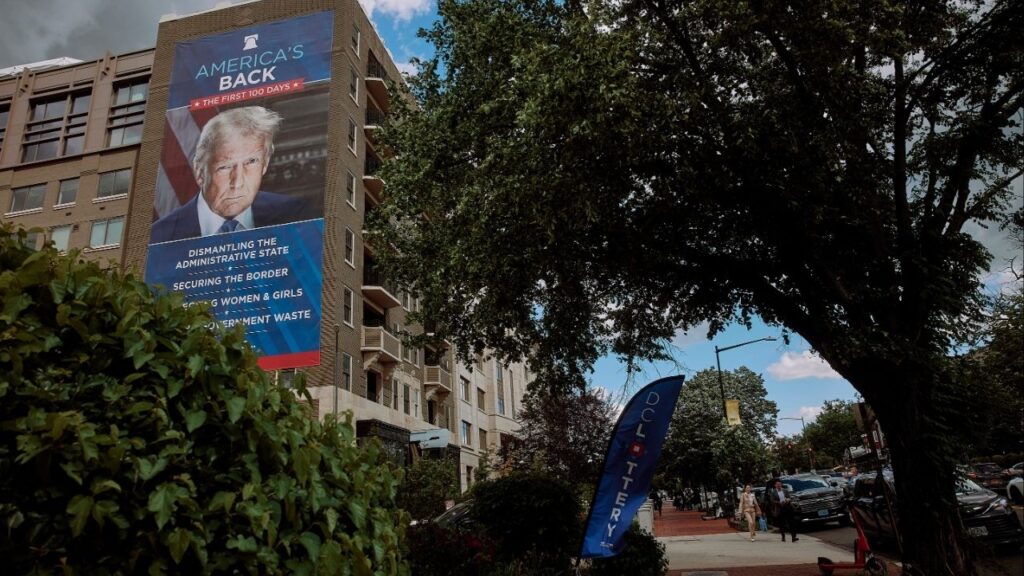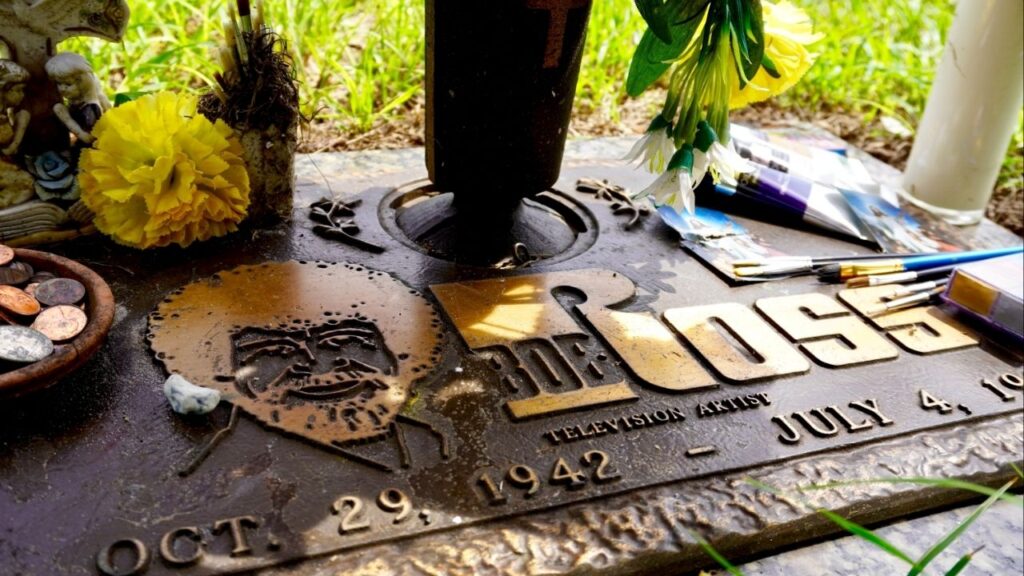Fighters with Hayat Tahrir al-Sham pray at the Syrian General Intelligence Directorate Branch 251 in Damascus, Dec. 14, 2024. The rebels now in control of Syria are saying the right things about governing with an inclusive and moderate hand. Some American officials, remain wary, remembering what happened with the Taliban. (Daniel Berehulak/The New York Times)

- U.S. officials meeting with Syrian rebel leaders are wary, recalling the Taliban’s rise in Afghanistan, where promises of moderation were unmet.
- Past experience with the Taliban shows U.S. engagement in Syria comes with risks, particularly from groups like Hayat Tahrir al-Sham, rooted in al-Qaida.
- Some analysts argue U.S. engagement is necessary, but caution remains as actions, not words, will determine Syria’s future.
Share
|
Getting your Trinity Audio player ready...
|
WASHINGTON — As U.S. officials engage with the rebel group now in control of Syria, they are mindful of a painful episode in recent U.S. foreign policy whose consequences continue to unfold: the Taliban takeover of Afghanistan.
Three U.S. diplomats met last week in Damascus, Syria’s capital, with leaders of Hayat Tahrir al-Sham, the rebel militia that recently toppled the dictatorship of Bashar Assad. Their goal was to persuade the militant group — the successor to an affiliate of al-Qaida — to govern the country with an inclusive and moderate hand.
That is the best hope, U.S. officials believe, for preventing Syria from descending into fresh violence and chaos that could further destabilize the Middle East and empower anti-American terrorist groups.
So far, U.S. officials think that the rebels are saying the right things.
U.S. Officials Remain Wary of New Leader
The senior State Department official for the Middle East, Barbara Leaf, said the group’s battle-tested leader, Ahmed al-Shara, “came across as pragmatic” in the meeting in Damascus. Al-Shara had offered “moderate statements” on a range of matters, including the rights of women and minority groups, and given assurances that terrorist groups would not operate within Syria, she said.
Even so, U.S. officials remain wary of al-Shara. They fear he might be sweet-talking to win international backing as he plots to consolidate power and perhaps impose strict Islamic rule, much as Taliban leaders did in 2021 in Afghanistan.
As U.S. troops prepared to withdraw that year, U.S. negotiators worked to bring the Taliban into a power-sharing deal with other Afghan factions and urged them to abandon the goal of imposing strict Islamic law on the entire country.
Some U.S. officials believed that the group had become less doctrinaire since its overthrow by U.S. forces in 2001. Taliban leaders, they thought, might be willing to make concessions — like allowing girls to attend school — to win international recognition and help rebuild their shattered nation.
That effort failed completely.
After the last U.S. troops departed and Afghanistan’s president fled, the Taliban overran Kabul and seized power. They wasted little time imposing harsh restrictions on daily life — banning music, closing girls’ schools, persecuting minority groups and political rivals, and barring women from most public places.
As it turned out, Taliban leaders cared more about their religious ideology and wielding total power than about what the United States and its allies might provide for them.
The episode has not been forgotten by top Biden administration officials.
Related Story: Israeli ‘Earthquake’ Missile Strikes in Syria Register on the ...
“There is a lesson there,” Secretary of State Antony Blinken said last week during an appearance at the Council on Foreign Relations in New York City. “The Taliban projected a more moderate face — or at least tried to — in taking over Afghanistan, and then its true colors came out. The result is it remains terribly isolated around the world.”
Blinken framed the example as a cautionary tale for Hayat Tahrir al-Sham. But some analysts warn that the United States should have learned from its experience in Afghanistan also.
“People at the State Department were the ones telling us the Taliban would moderate, that they were seeking legitimacy,” said Bill Roggio, a former U.S. Army soldier who edits The Long War Journal, an online publication that focuses on counterterrorism. “But we failed to understand that what they seek first and foremost is power, and holding onto it, and imposing their version of Shariah law on their people.”
On the same day that the U.S. officials held their meetings in Damascus, the United States and several other governments issued a joint statement expressing “grave concern” over the Taliban’s recent barring of women and girls from attending medical schools.
The statement also noted that “some terrorist groups still reside safely inside Afghanistan” and are capable of striking beyond the country’s borders.
But so long as the Taliban are willing to reject America’s recognition and aid, and even access to $10 billion in central bank reserves frozen by the United States, there is little that Washington can do to change their behavior.
“The lesson from Afghanistan is that Western leverage is limited,” said Colin Clarke, director of research at The Soufan Group, a consulting firm that tracks global terrorism.
Roggio is particularly skeptical that al-Shara has abandoned the al-Qaida worldview he once publicly endorsed.
Related Story: Top Arab Diplomats, in Syria Visits, Aim to Build Ties With New Leadership
Once a senior al-Qaida fighter in Iraq during the U.S. occupation, al-Shara became the leader of a Syrian rebel group called the Nusra Front, an official affiliate of al-Qaida.
In January of 2017, he founded a new group, Hayat Tahrir al-Sham, which he declared independent.
Soon after al-Shara founded HTS, the State Department designated it a terrorist group, warning that the United States was not fooled by its “attempt to rebrand itself.”
U.S. officials take some reassurance from the way Hayat Tahrir al-Sham governed Syrian territory under its control before Assad was ousted. Analysts say that HTS no longer uses terrorist tactics such as suicide bombings and does not call for attacks on other countries.
After visiting Damascus, Leaf said the United States was suspending a $10 million bounty announced years ago for information about al-Shara. She framed the decision not as a reward for any particular actions, but as a practical matter.
Biden Officials Remain Guarded
Still, Biden officials remain guarded. They say they will remove HTS from the U.S. terrorist list only if the group backs up its words with action. “Deeds are the critical thing,” Leaf said Friday.
One critical test is whether al-Shara’s new government prevents terrorists from using Syria as a base. The HTS ranks include thousands of radicalized foreign fighters who may want to use a post-Assad Syria as a base to pursue other targets.
For some foreign policy experts, the lesson of the Taliban is not that the United States should keep a wary distance, but that it must engage more actively in Syria.
Zalmay Khalilzad, who served as the U.S. special envoy to Afghanistan under President Donald Trump and, until late 2021, under President Joe Biden, said the Biden administration made a mistake by not having more direct contact with the Taliban after they took power in Kabul.
Related Story: White House Pushes to Find American Journalist Abducted in Syria
Khalilzad said that he had urged senior Biden officials to take a more active approach toward Syria and that last week’s meeting with al-Shara and his associates was a positive step.
“Not that prematurely engaging doesn’t have risks,” Khalilzad said. “But I think there is an element of timing, of shaping things.” He added that Syria is “more strategically important” to the United States than Afghanistan, making the task more urgent.
Clarke of the Soufan Group and other analysts said there was little room for trust when it came to the promises of militants.
“Talk is cheap,” he said. “So no matter what these groups say, believe their actions, not their words.”
—
This article originally appeared in The New York Times.
By Michael Crowley/Daniel Berehulak
c. 2024 The New York Times Company


